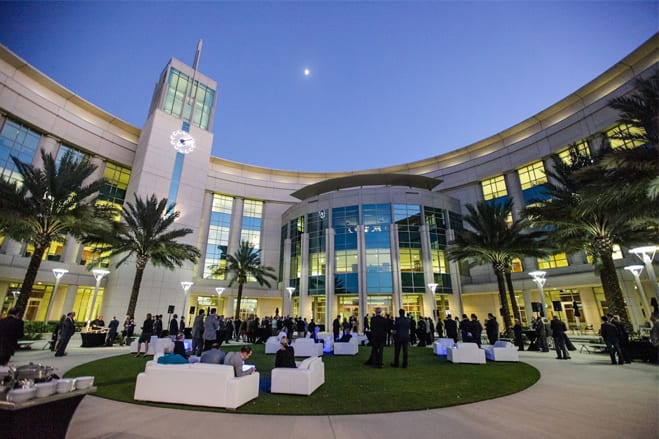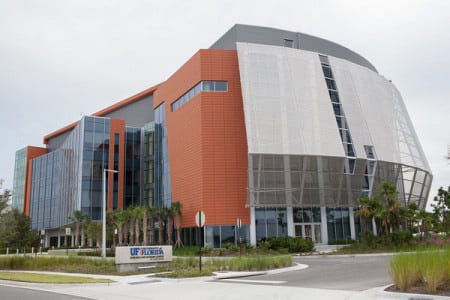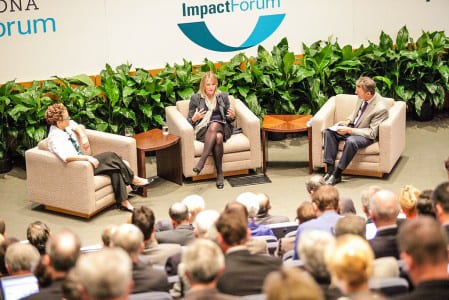
Some of the new technologies used in the medical field today sound like science fiction, but they are, in fact, very real. And they are flip-flopping the industry like never before.
Remember back in 2000 when the human genome was sequenced? Doctors had painstakingly lined up all 6 million base pairs of an individual’s DNA. It was, no doubt, an amazing feat. In fact, it was heralded as something that would revolutionize the way we diagnose and prevent human disease.
So, what happened next?
Nada.
One huge hurdle, of course, was cost. That first genome took 15 years to create, and the price tag was a whopping $3 million. Fast forward to today, though, and we can now sequence a human genome for about $1,000 in a mere 24 hours.
It’s a remarkable technological advancement, indeed. And it’s one way that technology is beginning to provide more individualized care.
“Because that’s what we all want when we go to the doctor,” said Dr. Alex Parker at the Lake Nona Impact Forum in Orlando last month. “We don’t want to know ‘what’s the answer for everybody with this disease?’ We want to know ’what’s the answer for me?’”
As the chair of individualized medicine at Florida’s Mayo Clinic, he is making strides when it comes to personalizing care for patients.
So, this begs the question. How exactly do we leverage what we know about the genome now, more than a decade later? Regenerative medicine is one answer. Over the next few decades, this innovative new field will likely transform the way we approach and treat diseases.
“Regenerative medicine is going to allow the body to heal itself,” said Dr. Bob Brigham, chief administrative officer of the Mayo Clinic in Florida. “One day we won’t be doing transplantation anymore.”


